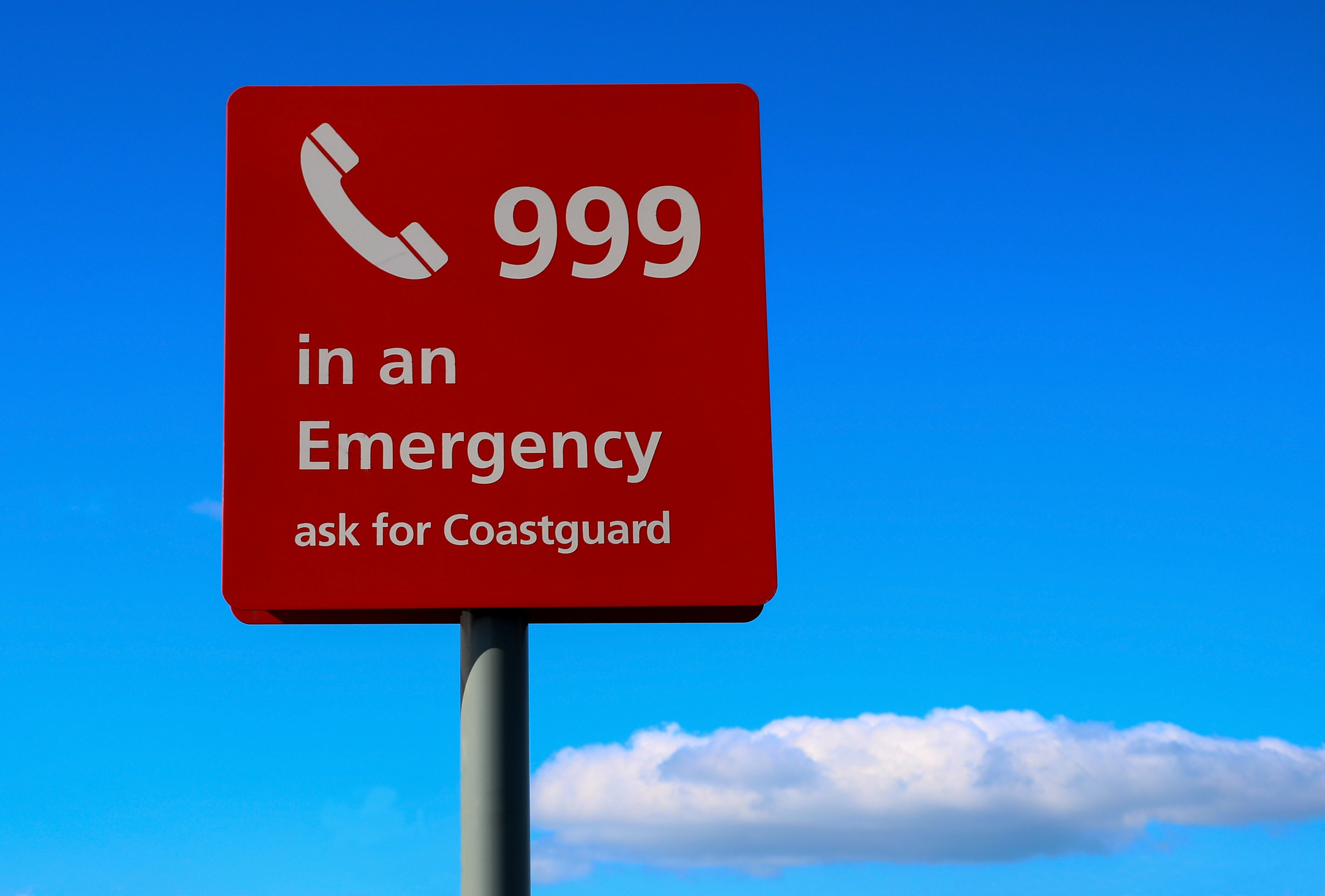30 June 1937: The 999 emergency services line opens
On this day, the 999 emergency services telephone line opened, but it wasn't until a week later that the first call was received.


Get the latest financial news, insights and expert analysis from our award-winning MoneyWeek team, to help you understand what really matters when it comes to your finances.
You are now subscribed
Your newsletter sign-up was successful
Want to add more newsletters?

Twice daily
MoneyWeek
Get the latest financial news, insights and expert analysis from our award-winning MoneyWeek team, to help you understand what really matters when it comes to your finances.

Four times a week
Look After My Bills
Sign up to our free money-saving newsletter, filled with the latest news and expert advice to help you find the best tips and deals for managing your bills. Start saving today!
It's the dead of night on 30 June 1937 and you've just been woken by the screams in the flat above yours. You run to the window to hear better, convinced the husband is murdering his wife. Shame, you think, they always seemed like such a nice couple.
But as you go to fling open the window, you stop. By the light of the moon, you make out the silver outline of a cat burglar clutching to the drainpipe of the local bank.
Like the good, attentive citizen you are, you know exactly what to do. You've read the notice in the Evening News: "if, for instance, the man in the flat next to yours is murdering his wife or you have seen a heavily masked cat burglar peering round the pipe stack of the local bank building", "dial 999" the world's first emergency services hotline, which had opened that day.
MoneyWeek
Subscribe to MoneyWeek today and get your first six magazine issues absolutely FREE

Sign up to Money Morning
Don't miss the latest investment and personal finances news, market analysis, plus money-saving tips with our free twice-daily newsletter
Don't miss the latest investment and personal finances news, market analysis, plus money-saving tips with our free twice-daily newsletter
Happily, London in 1937 (the 999 hotline only worked in the capital to begin with) wasn't quite the haunt of murderers and burglars of the newspaper announcement. That's why it wasn't until a week later that the first 999 call was received (although the relative rarity of telephones in people's homes also has something to do with it).
In the wee small hours of 7 July, John Stanley Beard was woken by the sound of footsteps beneath his bedroom window in Hampstead. He peered out into the night. Seeing a man's foot, he yelled at his intruder, who ran off down the garden path and hopped over the fence.
Meanwhile, his wife dialled 999. The would-be burglar, a 24-year-old labourer named Thomas Duffy, was duly apprehended, and charged with attempted break-in with intent to steal.
Beard publicly hailed the new 999 telephone service as a great use of his taxes, and everyone was delighted (except for Duffy).
After thewar, the emergency services hotline was extended to other cities around the country.But like today, it was only to be used in genuine emergencies. "If the matter is less urgent", the notice continued, "if you have merely lost little Towser or a lorry has come to rest in your front garden, just call up the local police."
Clearly, not everybody listened. Almost 7% of the 1,336 calls made in the first week were hoaxes.
Get the latest financial news, insights and expert analysis from our award-winning MoneyWeek team, to help you understand what really matters when it comes to your finances.

-
 Average UK house price reaches £300,000 for first time, Halifax says
Average UK house price reaches £300,000 for first time, Halifax saysWhile the average house price has topped £300k, regional disparities still remain, Halifax finds.
-
 Barings Emerging Europe trust bounces back from Russia woes
Barings Emerging Europe trust bounces back from Russia woesBarings Emerging Europe trust has added the Middle East and Africa to its mandate, delivering a strong recovery, says Max King